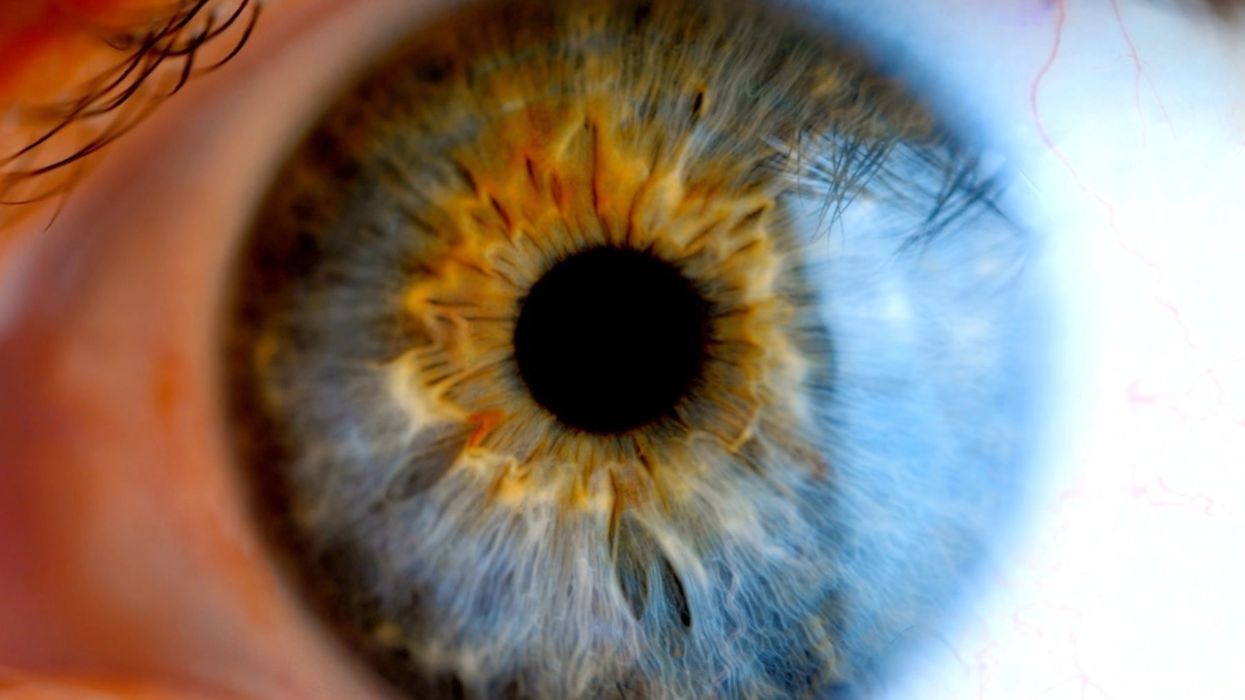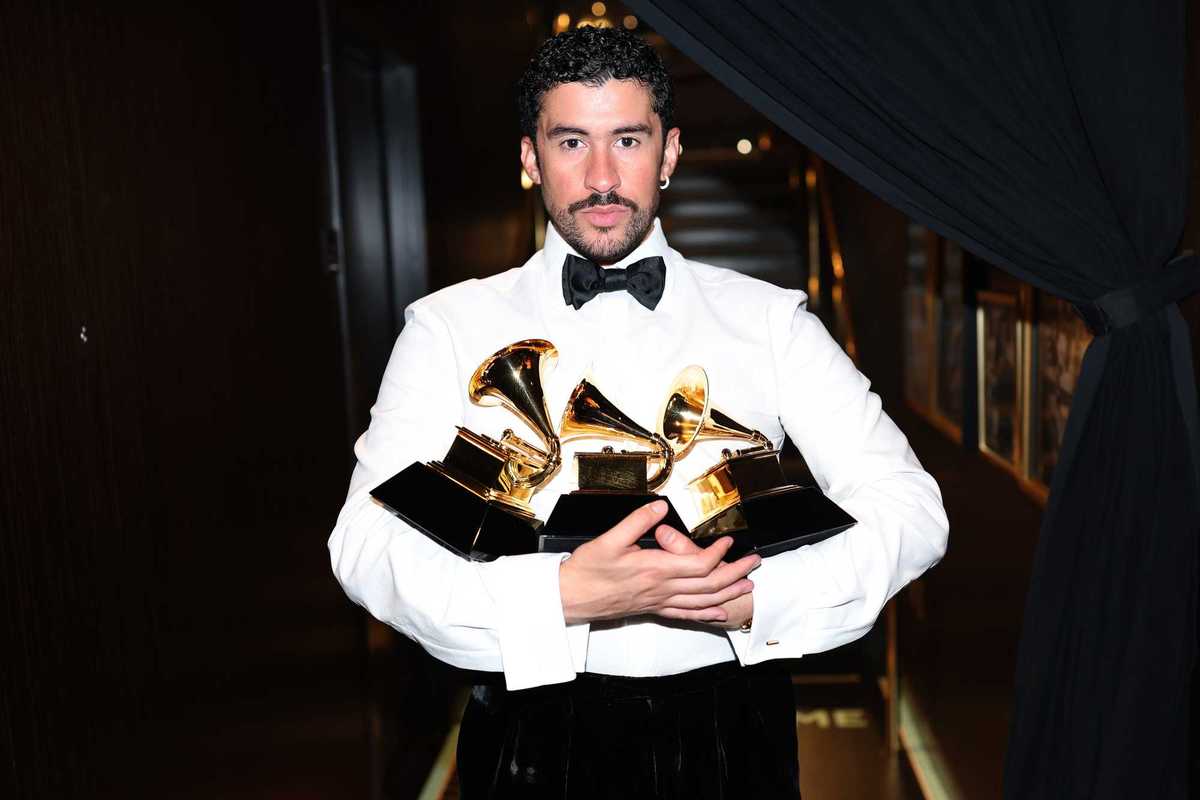Ellie Abraham
Apr 17, 2023
Scientists Finally Have the Answer to Why Our eyes Move While We …
content.jwplatform.com
After the brain, the eyes are a human being's most complex organ in the body and it turns out that it wasn’t a natural part of the evolution of our species.
Scientists have determined that the evolution of the vertebrate eye was, in part, due to a key gene that was taken from a type of bacteria.
In a study published in the Proceedings of the National Academy of Sciences, biochemist Matthew Daugherty, from the University of California San Diego, used computer software to study the evolution of human genes and find alien genes that originated from bacteria.
Bacteria have the ability to swap genes in the form of viruses or other free pieces of DNA known as transposons. In this case, a gene that was acquired contributed to the human retina’s response to light.
The gene is called IRBP (for interphotoreceptor retinoid-binding protein) and is responsible for encoding proteins in a tiny layer of cells over the retina.
Sign up to our new free Indy100 weekly newsletter
Daughtery believes the transition from microbes into vertebrates happened more than 500 million years ago, based on the fact IRBP can be found in all vertebrates but not necessarily in their close invertebrate relatives.
Ling Zhu, a retinal biologist at the University of Sydney’s Save Sight Institute, told Science magazine, “Their findings demonstrate how complex structures like the vertebrate eye can evolve, not only by modifying existing genetic material but also by acquiring and integrating foreign genes”. She added: “It’s incredible.”
There is some contention over whether this gene acquisition was essential for vertebrate vision to have occurred. However, whether or not that is the case, Daughtery pointed out, “We are sort of stuck with it”.
Have your say in our news democracy. Click the upvote icon at the top of the page to help raise this article through the indy100 rankings.
Top 100
The Conversation (0)














